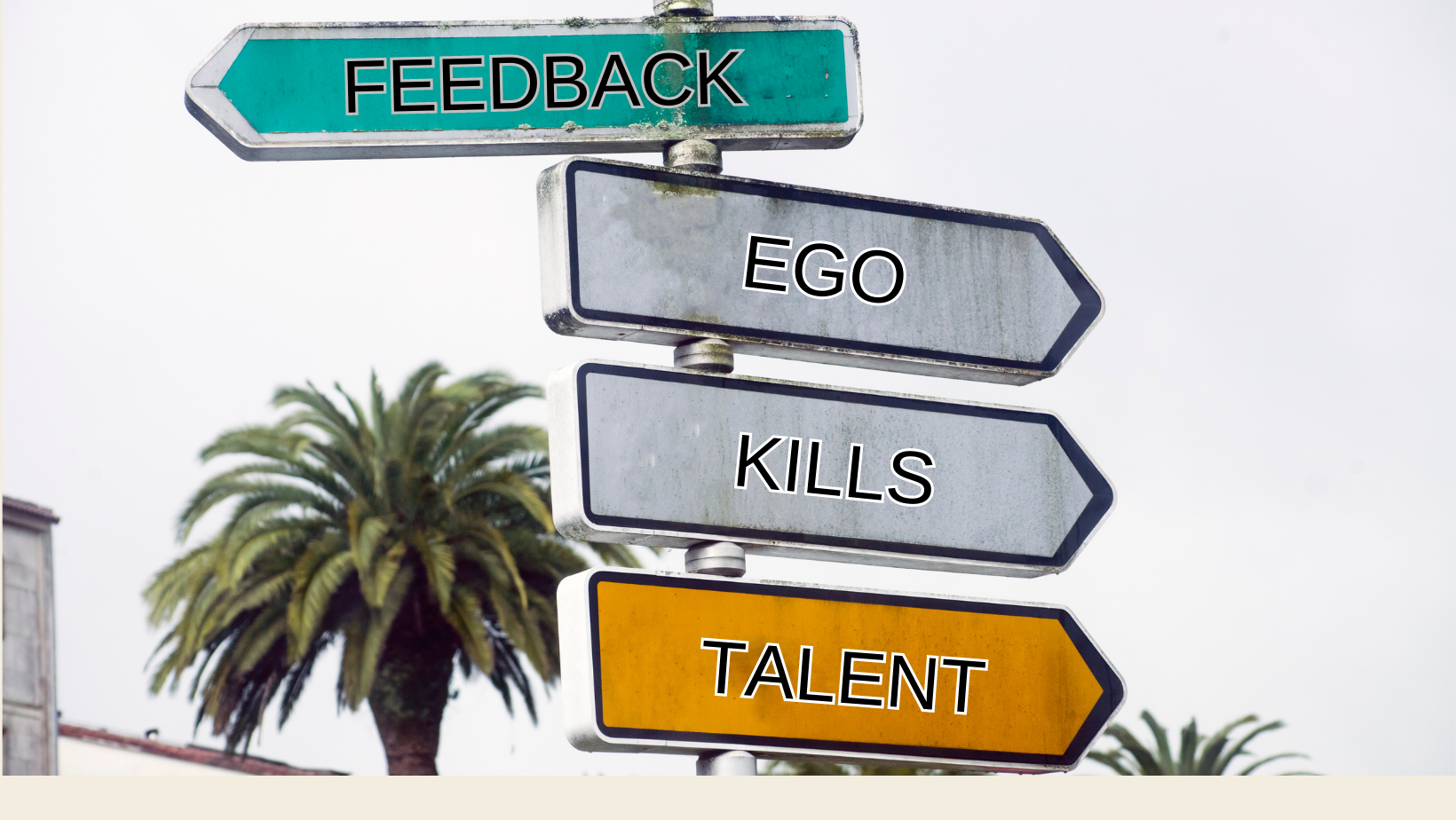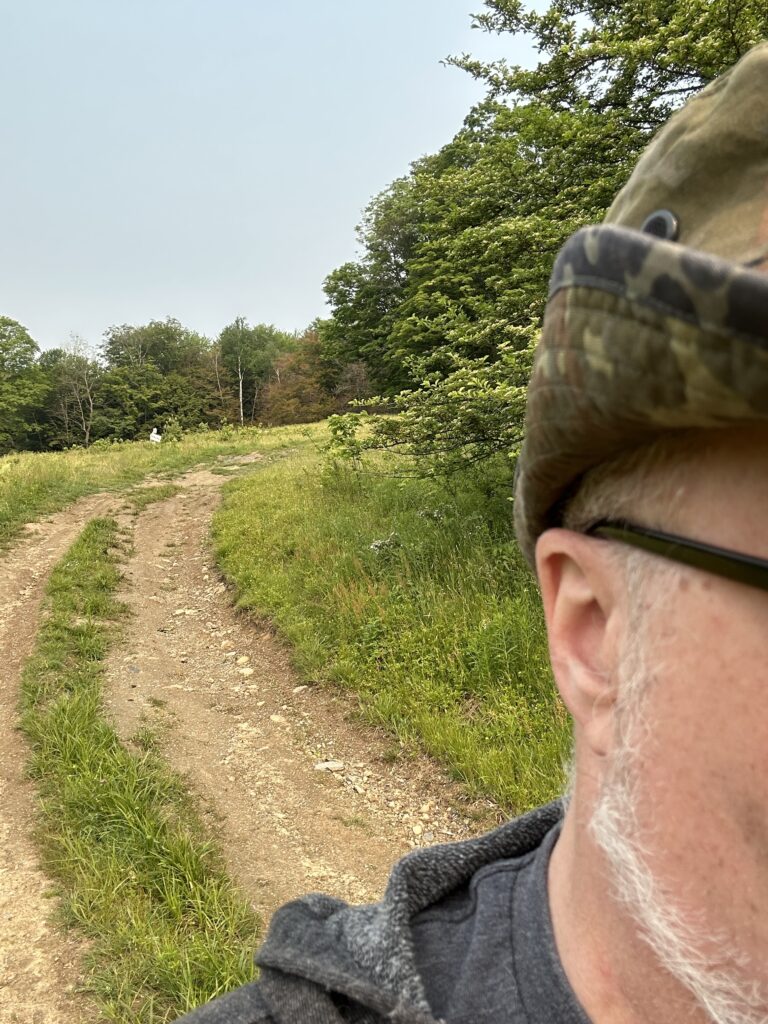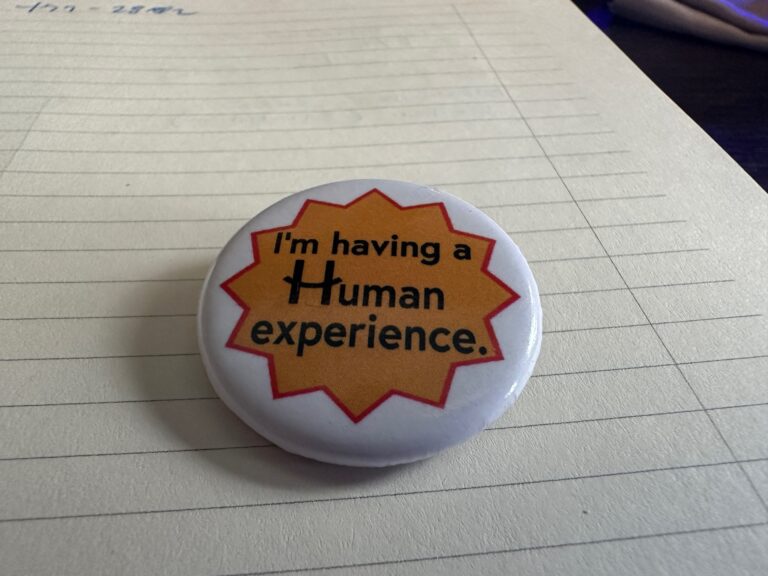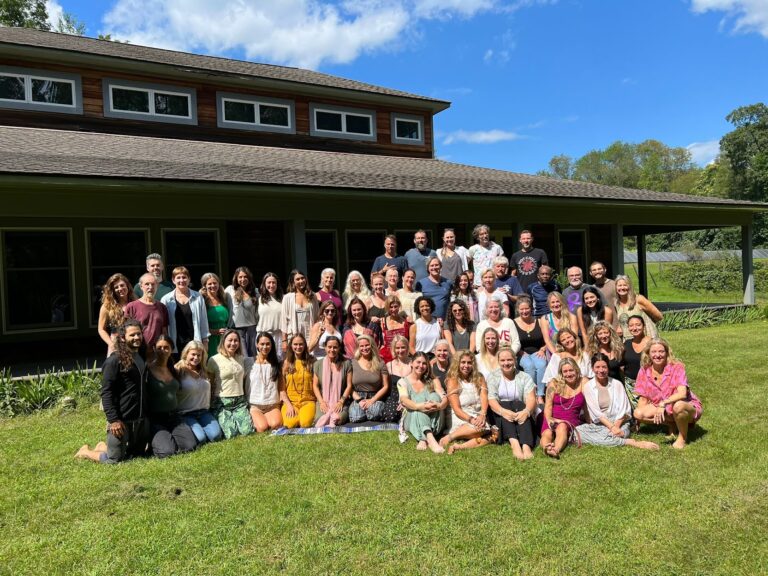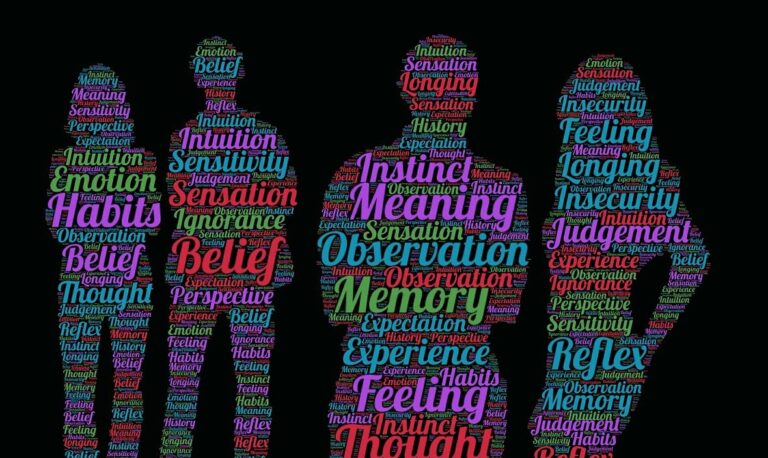Leveling Up and Taking Feedback
I’m two months through the four-month practice period for RIM (Regenerating Images in Memory). Thank you to everyone who has joined me for a session – your help has been so very beneficial to my progress as a RIM Facilitator. As I’m “leveling up” and moving into the second half of this process, the heat is turning up. Our excellent team of mentors are ramping up their feedback, cutting out the compliments on skills we should already have in our tool belt and moving into the more subtle and finer points of RIM. It’s getting real here at Whole Human.
As a Canfield Coach, one of the principles we teach is about feedback. When we start to take action, we start getting feedback about whether we’re on the right track. We get data, advice, help, suggestions, direction, and even criticism. All of this information helps us constantly adjust and move forward while continually enhancing our knowledge, abilities, attitudes and relationships.
Feedback, particularly pointed feedback, is always an interesting thing to process. Some of us resist feedback. When I was younger, I would often respond to feedback by getting defensive and angry at the person offering the feedback. My younger self, insecure in who he was and terribly afraid of failing, would take the feedback like stabs to the heart. This was an awful recipe and it probably contributed to my anxiety and tendency for numbing. You may be the type of person who fights against feedback, who rails against it, seeing it as a threat or an affront to who you are. But here’s the thing: How we respond to feedback can make all the difference in how successful we are at achieving our goals.
Fortunately for me, graduate school taught me an essential lesson about the value of feedback. As I was wrapping up my final project – the one that was required in order for me to graduate – I submitted my draft for review to my advisor, Michael Simpson. Michael was one of the senior environmental studies professors at Antioch New England University, and he had a reputation for not cutting students any slack. That reputation was well deserved. He shredded my final project. He totally held my feet to the fire and showed me all of the ways that the project fell short. With the intensity of that Master’s Program, I was already beaten up, getting that feedback was a gut punch. But here’s the thing: He was right about all of it. I took his feedback and dove back in, rewriting and re-doing a lot of the work I had done. In the end, my final project was infinitely better than what I had submitted.
What I realized coming out of my graduate school experience is that feedback is essential and, provided that it is given in a respectful and thoughtful manner, is extremely valuable. While asking for feedback can feel vulnerable, it is in this vulnerability that we can find a tremendous opportunity for growth. I have a T-shirt that I like to wear that says “Ego Kills Talent” on it. This is a reminder that I should let go of my ego and pride and recognize that good feedback is vital to my success.
So, as I sit here knowing that I have some hard work to do in order to meet the expectations of Dr. Deb and her team of RIM Mentors, as I sit with my mentor and she clearly outlines what I could be doing better, I am excited. I know that if I listen and do my best to practice, I’m going to get better and better at RIM. And this is so important to me, because I believe the world needs RIM. People are hurting and they need help. RIM can offer that and I want to be there to provide the safe space for people to go on their own healing journeys. The more I have mastered these skills, the more I can offer the people who trust me to be there as they heal.


